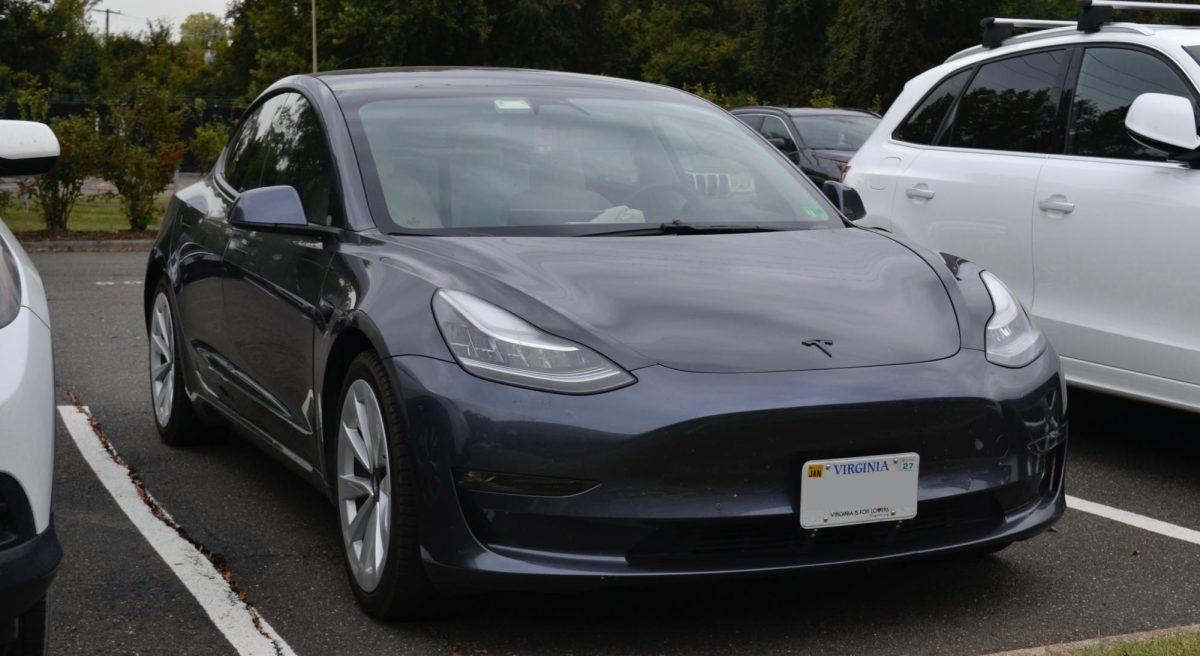The first time I ever heard of TikTok, it was on a news report about its rising popularity nationwide. In today’s world of interconnectivity and global trends, social media apps come and go in the blink of an eye – Vine’s dramatic fall from grace comes to mind. I thought the same would happen to TikTok, but I couldn’t have been more wrong.
The short-form video sharing app has taken America by storm, proudly touting that it services more than 150 million U.S. users. And the app’s addictive properties make it hard to put it down; as one Brown University study found, its user interface is “functionally akin to slot machines.” The addictive nature of the app is concerning, but it’s nothing new to Washington’s top decision-makers. What has rightly perturbed Washington, however, is the owner of TikTok: Beijing-based ByteDance, a Chinese company with ties to its communist party and alleged cooperation with the highest levels of Beijing.
Consequently, a recent U.S. law requires apps such as TikTok to sell to a U.S.-based company or face an impending ban. It did not take long for critics to denounce the legislation; however, their perspective remains severely flawed. TikTok is among the greatest threats to not only our security, but our national identity, and its place can no longer be justified in our society.
The security concerns of TikTok are nothing new to those who have been paying attention – the U.S. military recognized the signs long ago and banned it from their devices, with a wave of individual states that followed suit. TikTok collects a gargantuan amount of data from its users, and its ability to “phone home” this data to China is disputed, though concerning. While TikTok has repeatedly tried to assure Americans of their data security practices, their claims have rightfully fallen upon deaf ears. But a larger, more sinister threat remains that was the primary reason why Capitol Hill pushed the legislation through – political manipulation.
With millions of active American users, subtle changes in an app’s AI can have population-wide effects. TikTok is not beholden to U.S. regulatory bodies in the same aspect as other U.S.-based apps are, and its administrators could subtly influence everything from public opinion to elections, with nothing more than the click of a mouse. This is enormous power for a nation’s adversary to have, and it should come as no surprise that top Chinese diplomats held secret closed-door meetings with Congressional staffers to try and stop the bill.
But the best argument in favor of banning TikTok is to look at other countries that have already done so – of which there are 19, including China themselves. ByteDance’s Chinese equivalent, Douyin, an app that focuses on education and science, limits kids to 40 minutes a day. But TikTok focuses on addictive, vapid and insipid content, increasingly with sexual themes targeted towards American children.
If TikTok is banned in the very nation that created it, why should we tolerate it here? It’s time for America to recognize the threats TikTok poses and finally ban it for good.








